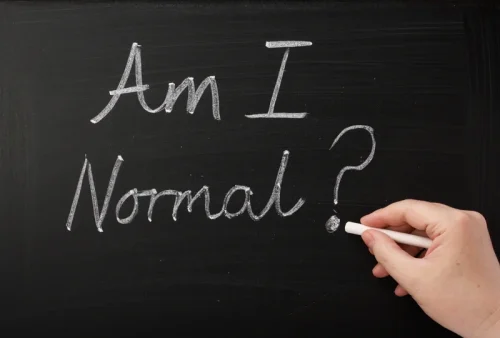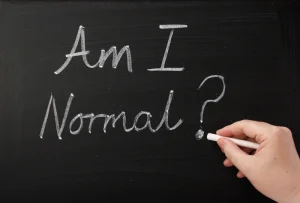
Homelessness and other issues related to housing can lead to relapses, making recovery more difficult. State-funded sober living homes and grants for transitional housing, among other types of aid, help many individuals in recovery, but more funding is still needed. Navigating the world of government grants can initially appear daunting for sober living homes, but with the right guidance, the process can be streamlined. Housing for people with substance use disorders often needs specialized attention, and these criteria ensure the best care for residents. A thorough documentation process, including clear outlines of how funds will be utilized, is paramount.
- RECO’s experienced staff are ready to guide new residents through every step of this critical transition, from assessing insurance coverage and financial assistance to integrating into the sober living community.
- This variation depends on factors like location, amenities, and the level of support offered.
- It is common to find sober living homes generating funds through social enterprise activities, such as work programs and partnerships with businesses.
- We publish material that is researched, cited, edited and reviewed by licensed medical professionals.
Housing Approaches to Help Those in Recovery
Operating a financially sustainable sober living home requires a multifaceted approach that combines diverse funding sources, effective cost management, and strategic planning. By leveraging government grants, private funding, resident fees, and innovative revenue models, recovery residences can create a stable financial foundation to support their critical mission. It offers financial aid that can cover operational costs in exchange for data on the people that live in your home. Facility improvements, staff training, and program development become within reach if you can get funding.
Recovery housing

Sober living homes can be more straightforward to finance than other temporary housing since they are more affordable. However, government grants for sober-living homes will assist with lessening the cost for most everyday items for residents or even help them with their everyday costs. Sober living homes can receive funding through insurance reimbursements when they offer therapeutic services. Residents with health insurance may have eligible services covered, such as counseling or therapy, and the sober living home can then seek reimbursement from the insurance provider.

Traditional Health Insurance

But how does a sober living house operate as a non-profit and where does it receive funding? This article explores the nature of how non-profit sober living homes work, how they differ from for-profit organizations, and what to consider in starting a sober house. Housing First really evolved during the 90’s when large numbers of people remained homeless despite being part of a recovery program. Low income individuals might find coverage for a state program, but still not have access to safe, sober living housing. Housing First doesn’t require the individual be part of an addiction recovery program, however, only that the individual is seeking help for a supportive living situation. Advocates argued that individuals suffering from a mental health or co-occurring disorders are more vulnerable without a stable living situation.
- The Department of Housing and Urban Development (HUD) offers a variety of grants to support affordable housing and community development.
- These organizations are dedicated to supporting initiatives that align with their mission, and many offer grants or financial assistance programs specifically for sober living homes.
- As a nonprofit organization, we’re committed to providing real reporting to everyone in Southern Arizona.
- Before the person finds a job, however, there are some options to help pay for the sober living home privately.
- More funding is still needed to meet the demand and ensure that individuals in recovery have access to the supportive environment they require.
Many of them are vital medications for his mental health that he couldn’t access while he was homeless. It is more likely that a person entering a sober living home will pay with their own private funds when they first enter the living arrangement. Ultimately, the person should find employment and use that income to cover the costs of the residence, just like amphetamine addiction treatment they would if they lived entirely on their own. Before the person finds a job, however, there are some options to help pay for the sober living home privately. Complying with state and federal regulations is essential when operating a sober living home. Ensuring that the house manager and staff are well-informed about these regulations helps maintain operational standards and provides a legally compliant environment for residents.
By establishing defined guidelines, these homes help residents develop necessary life skills and maintain discipline. Such an environment allows residents to adjust gradually from formal treatment to independent living, reducing the risk of relapse. Sober living house rules are designed to foster an environment conducive to recovery by promoting accountability and teamwork among residents.
The Role of Sober Living Homes in the Recovery Process

The variety within sober living environments ensures that there are options to meet different needs, which is crucial in the recovery process. By selecting a sober living home that aligns with individual characteristics and recovery goals, residents can facilitate a smoother transition to sober living. In addition to rent, residents should budget for other living expenses, such as utilities, groceries, transportation, and personal care items. Given the responsibility of covering these costs, many residents often seek part-time work brighton sober living or rely on financial assistance to maintain their living arrangements while focusing on recovery. However, the Office of Community Services provides not only grants for sober living through community service block grants, but it also has a few other government grants for halfway houses hidden away.
